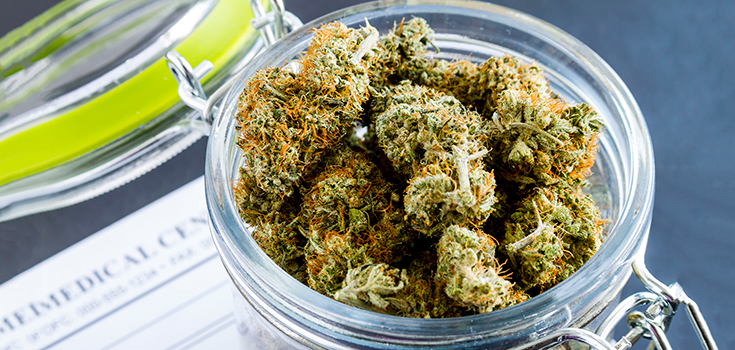Marijuana Use is Rising, and More People Consider it Harmless
Marijuana Use is Rising, and More People Consider it Harmless
The shift appears to have started in 2007
Medical marijuana is now legal in 25 states, and recreational weed is legal in 4 states and the District of Columbia.
More people in the United States are using marijuana , a new study inshows, amid legalization efforts and shifting attitudes about marijuana.
Medical marijuana is now legal in 25 states, and recreational weed is legal in 4 states and the District of Columbia. In November, voters in 5 states will decide whether to fully legalize recreational use, while 4 other states will vote on whether to permit medical marijuana. [1]
We’ve come a long way from marijuana’s image in the 1980’s, when pot was viewed as dangerous drug akin to cocaine, which many believed (and still believe) could unlock the door to a lifetime of failure and utter depravity.
596,500 Adults Were Surveyed
Researchers analyzed data from 596,500 adults aged 18 and older who participated in an annual, nationally representative survey from 2002 to 2014. [2]
Participants were asked questions concerning their marijuana use, including how often they used; first-time use; and whether they abused marijuana. They were also asked their opinions on marijuana and state legalization of marijuana for medical purposes.
The study wrapped up before marijuana was legalized for recreational use in Colorado, Washington, Oregon, and Alaska.
The Results
The survey revealed that marijuana use, defined as having used marijuana any time in the previous year, increased from 10.4% of adults in 2002 to 13.3% in 2014.
When extrapolated to the whole U.S. population, this means that the overall number of marijuana users increased from an estimated 21.9 million people in 2002 to 31.9 million in 2014 .
Additionally, the survey showed that approximately 1.4 million adults started toking up in 2014, up from about 823,000 first-time users in 2002 .
The most eye-catching finding was that the number of daily or almost-daily marijuana users rose from 3.9 million in 2002 to 8.4 million in 2014 .
Dr. Wilson M. Compton of the National Institute on Drug Abuse, part of the National Institutes of Health, said:
“This translates to a more than doubling of the number of adults using marijuana daily or near daily.”
That’s likely because as marijuana continues to become normalized and mainstream, and more information emerges concerning the health benefits and medical uses of the plant, Americans’ attitudes about the plant are evolving.
In 2002, nearly 50% of Americans perceived “great risk of harm” from smoking marijuana, but by 2014, just 33% of Americans felt that way . That shift in perception appeared to have started in 2007. [3]
People’s views on marijuana have softened and more people have started using it, yet researchers saw no increase in reported marijuana abuse or dependence.
The Impact
This is good news. These changing attitudes have allowed more people with debilitating pain and other serious conditions to finally receive medical marijuana. They’ve also brought millions of dollars into states where marijuana has been legalized, even saving a small town from going under.
But the rising number of marijuana users and the perception that marijuana is harmless has some doctors worried.
“ I hope my medical colleagues will start inquiring of their adult patients if they are using marijuana because it could interact with other medications or treatments. T he fact that people are using it on a regular basis means the public health community needs to be paying attention.”
The study authors wrote that there should be more prevention efforts intended to target the reduction in perceived harm of using marijuana. I agree, while there are many benefits, it certainly doesn’t come without its risks. Education is key to utilizing what should be a legal substance – one which does offer some benefits.
According to the authors, heavy marijuana was associated with unemployment, lower-than-average income, diminished life satisfaction, and criminal behavior, though it wasn’t shown that marijuana caused those issues.
| About Julie Fidler: | |
| Julie Fidler is a freelance writer, legal blogger, and the author of Adventures in Holy Matrimony: For Better or the Absolute Worst. She lives in Pennsylvania with her husband and two ridiculously spoiled cats. She occasionally pontificates onher blog. | |
Other Popular Stories:


Post a Comment